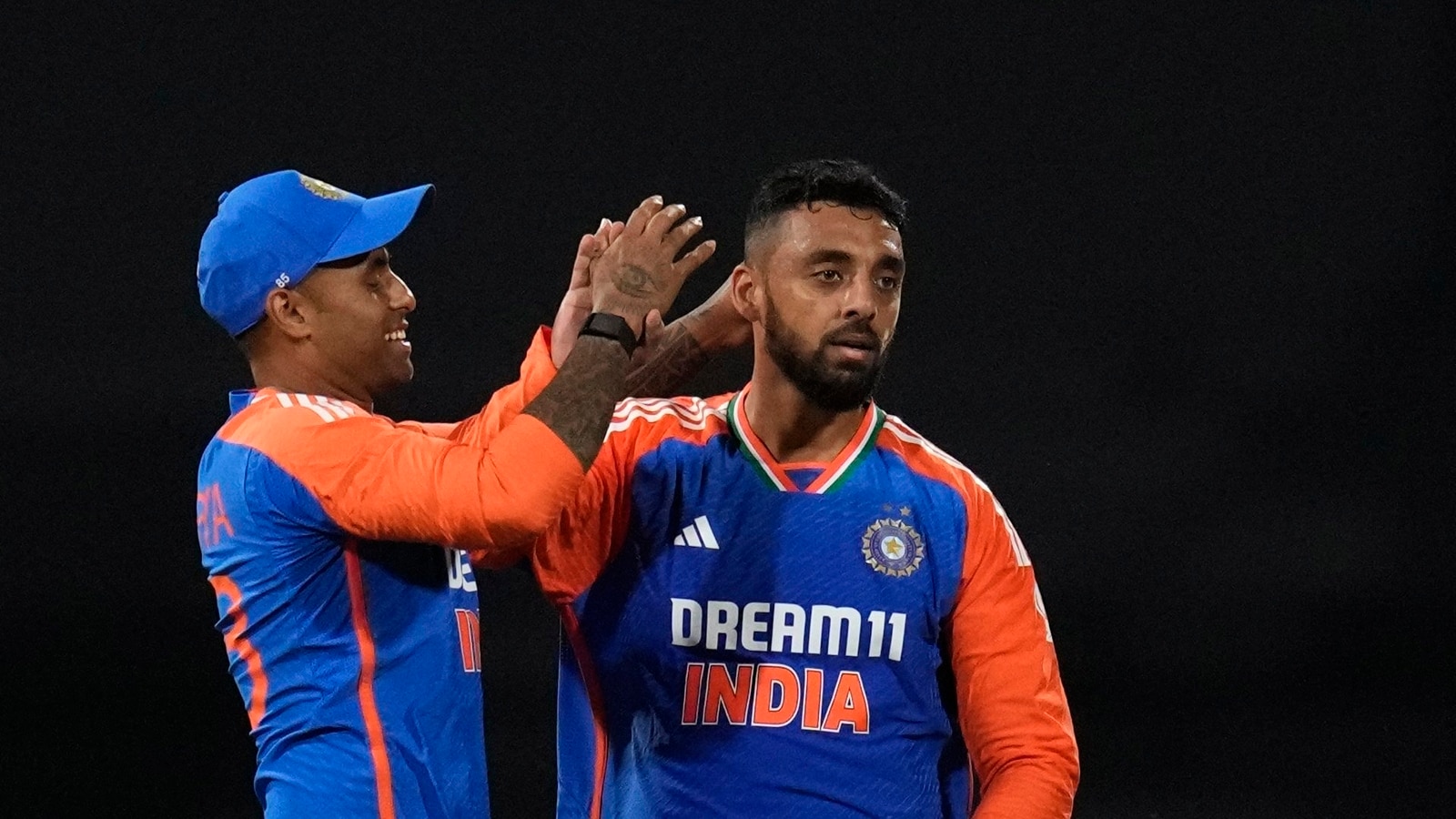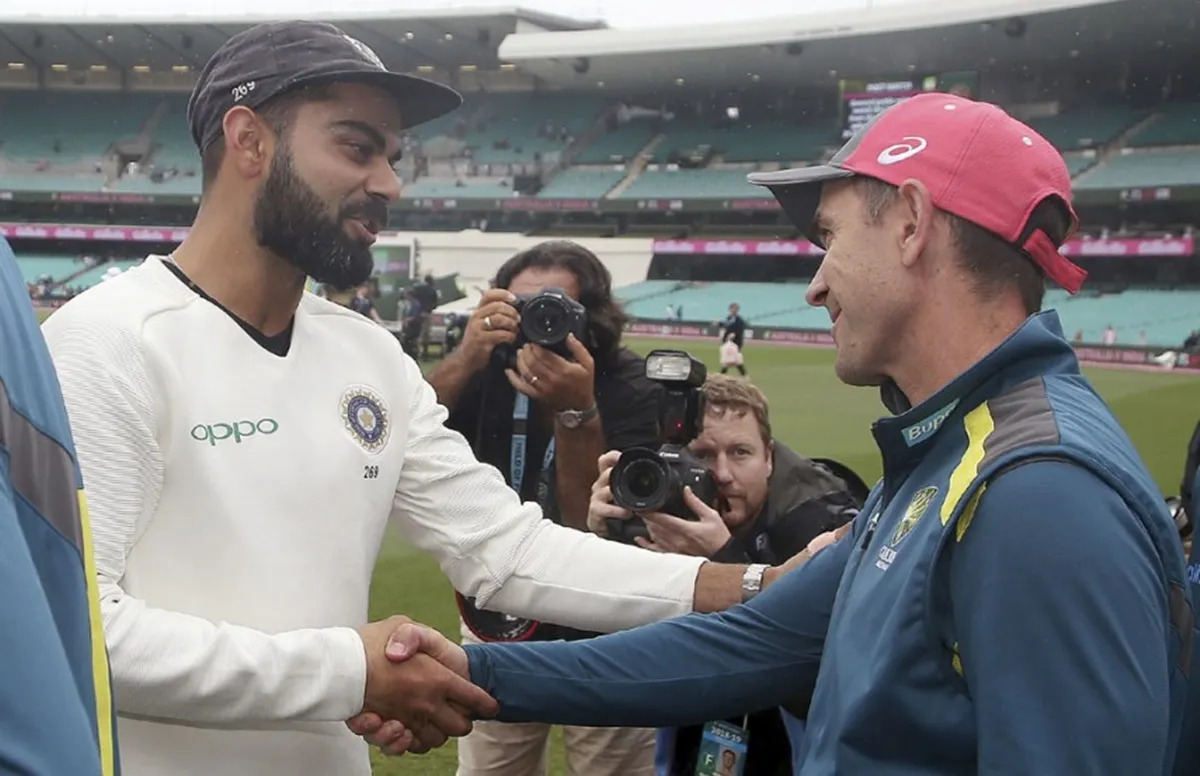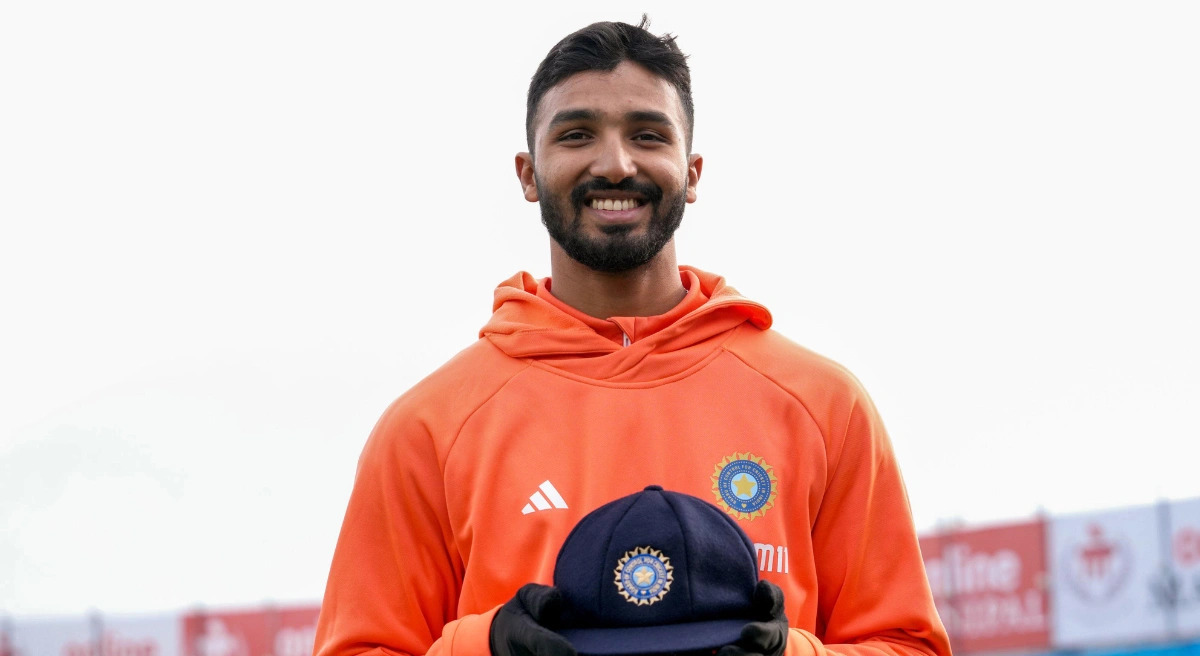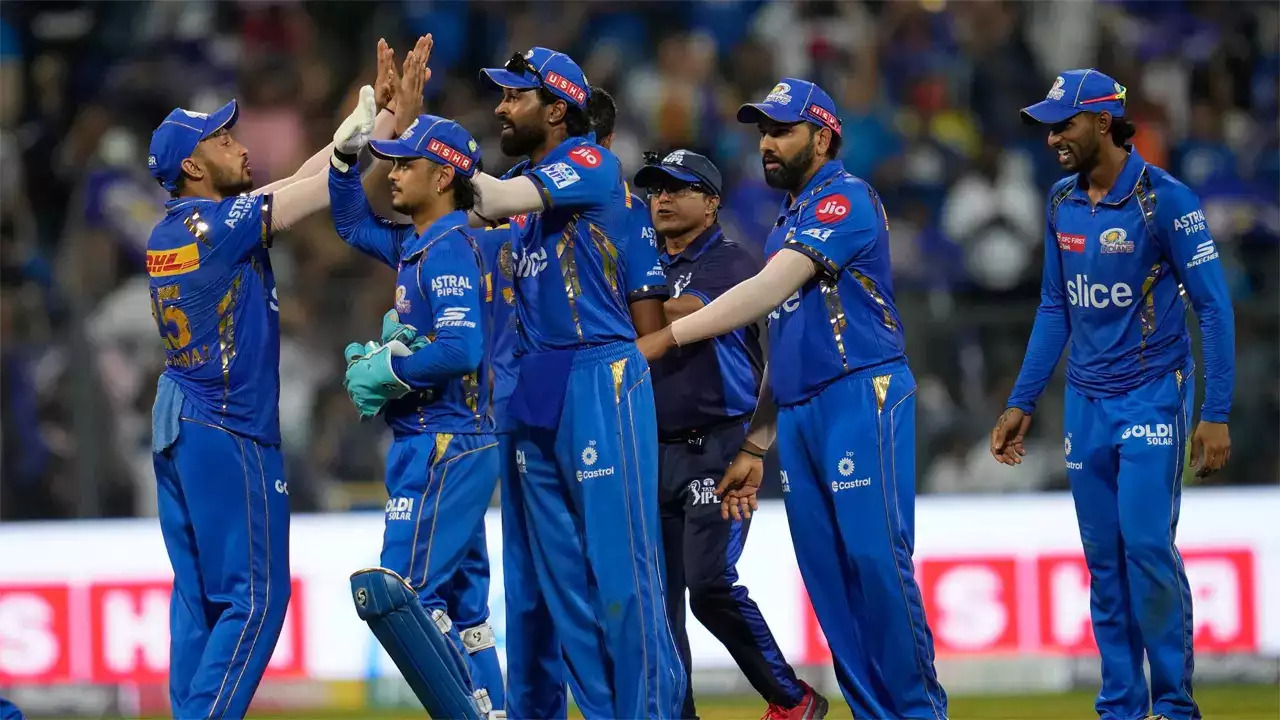At the Dr. DY Patil Stadium in Mumbai, India’s women‘s Test match resulted in a comprehensive 347-run victory. The Indian batsmen feasted on runs, while Deepti Sharma gave an outstanding all-around performance. England crumbled under pressure.
Despite losing Smriti Mandhana and Shafali Verma early in the innings, Shuba Satheesh (69) and Jemimah Rodrigues (68) put together a spectacular 115-run partnership that saved India. India won the toss and decided to bat first. Yastika Bhatia and skipper Harmanpreet Kaur stitched a century stand after the pair was dismissed, maintaining the pace. But their collaboration ended there due to an unlucky Harmanpreet run-out at 49.
Deepti Sharma made a cameo of her own with 66 runs, Sneha Rana chipped in with 30, and Bhatia kept the scoreboard moving with 66 runs.
Ultimately, India was bowled out for 428 in the opening innings, with three wickets apiece from Lauren Bell and Sophie Ecclestone and one each from Kate Cross, Nat Sciver-Brunt, and Charlie Dean.
England’s batters did not perform to the level that was anticipated. Deepti scored a fifer for just seven runs, while Sneh Rana chipped in with two wickets, but only Sciver-Brunt achieved a meaningful score as the rest of the order collapsed. To remove England for a meager 136, Renuka Singh and Pooja Vastrakar both contributed to picks.
The Indian openers established a strong platform early on, scoring 61 runs together before Ecclestone came into action. Dean removed Shafali Verma for 33, and Smriti Mandhana for 26. The Indian team had a substantial lead of 292 runs at the conclusion of their inning. India reached 186/6 at the end of day 2 because to captain Harmanpreet’s steady 44, despite losing wickets frequently. India quickly declared, realizing their advantage and giving England a daunting 479 target.
Only Charlie Dean (20) and Heather Knight (21) offered any resistance as England faltered once more, falling to 131 all out. Deepti led the demolition with an incredible 4/32, completely destroying the English batting order. Vastrakar (3/23), Rajeshwari Gayakwad (2/20), and Renuka Singh (1/30) also contributed to the damage. With heroics at the bat, Deepti Sharma struck 67 and 20 and produced figures of 5/7 and 4/32, earning her the well-deserved Player of the Match title.
In the interim, consider these significant figures and statistics from the test:
347: India’s Women’s Test victory against England, which surpassed Sri Lanka’s 309-run triumph over Pakistan at Colombo (Colts) in 1998, is the biggest margin in the format.
479: India has surpassed the previous mark of 410 set by Sri Lanka against Pakistan in Colombo (Colts) in 1998 to set the highest target in women’s Test cricket history.
410: New Zealand’s 475 against England in 1935 is the highest total on the first day of a women’s test match, surpassed only by India’s 410.
428: After 467 against England in 2002, this is the second-highest total the Indian women’s cricket team has ever scored in a Test match.
1. England becomes the first female team to play in 100 Test matches.
3: Four Indian batsmen hammered half-centuries on the first day of the Test match; this is only the third time India has accomplished this feat in a single innings; the other two were against England in 1986 and 2002.
64: India scored 64 boundaries in the first inning, which is the third-highest total ever for a side in a single inning. When England played South Africa in 2003, they set a record with 72 goals.
49: Shubha reached her fifty in just 49 balls, the second-fastest Indian batter in the women’s Test history. In a match against England in 1995, Sangita Dabir completed it in 40 balls, which is the fastest.
115: After Anjum Chopra and Mithali Raj’s 136 against England in 2006, Shubha and Rodrigues’ 115-run partnership is the second-highest third-wicket stand in women’s Test cricket history.
1. Sciver-Brunt accomplished a historic first when she struck fifty runs in the Test match. She was the first player from outside India to do so in all three forms (tests, ODIs, and T20Is).
Deepti Sharma managed to take five wickets in just 5.3 overs, which is one of the fastest five-wicket hauls in women’s Test cricket history. With 9.4 overs against New Zealand in 1985, Gargi Banerji had previously held the record.
2. Thanks to her incredible five-wicket haul for just seven runs, Deepti now has the second-most economical five-for innings in Women’s Test history. It was accomplished by Betty Wilson in 1958 versus England. Mary Duggan is the only one sitting ahead of them, having taken seven wickets against Australia in 1958 while conceding an amazing six runs.
9/39 – Deepti Sharma bowling average of 9/39 ranks second among Indian women’s cricket players in a Test match. The performance is not even close to Jhulan Goswami’s 10/78 against England in 2006.
2-In a single Test match, Deepti Sharma became just the second woman in the twenty-first century to score more than eighty runs and claim eight or more wickets. The only person who has accomplished the feat before her is Ellyse Perry, who did it against England in 2014 with 102 runs and 8/79.




 Win Projections to be updated soon
Win Projections to be updated soon

























